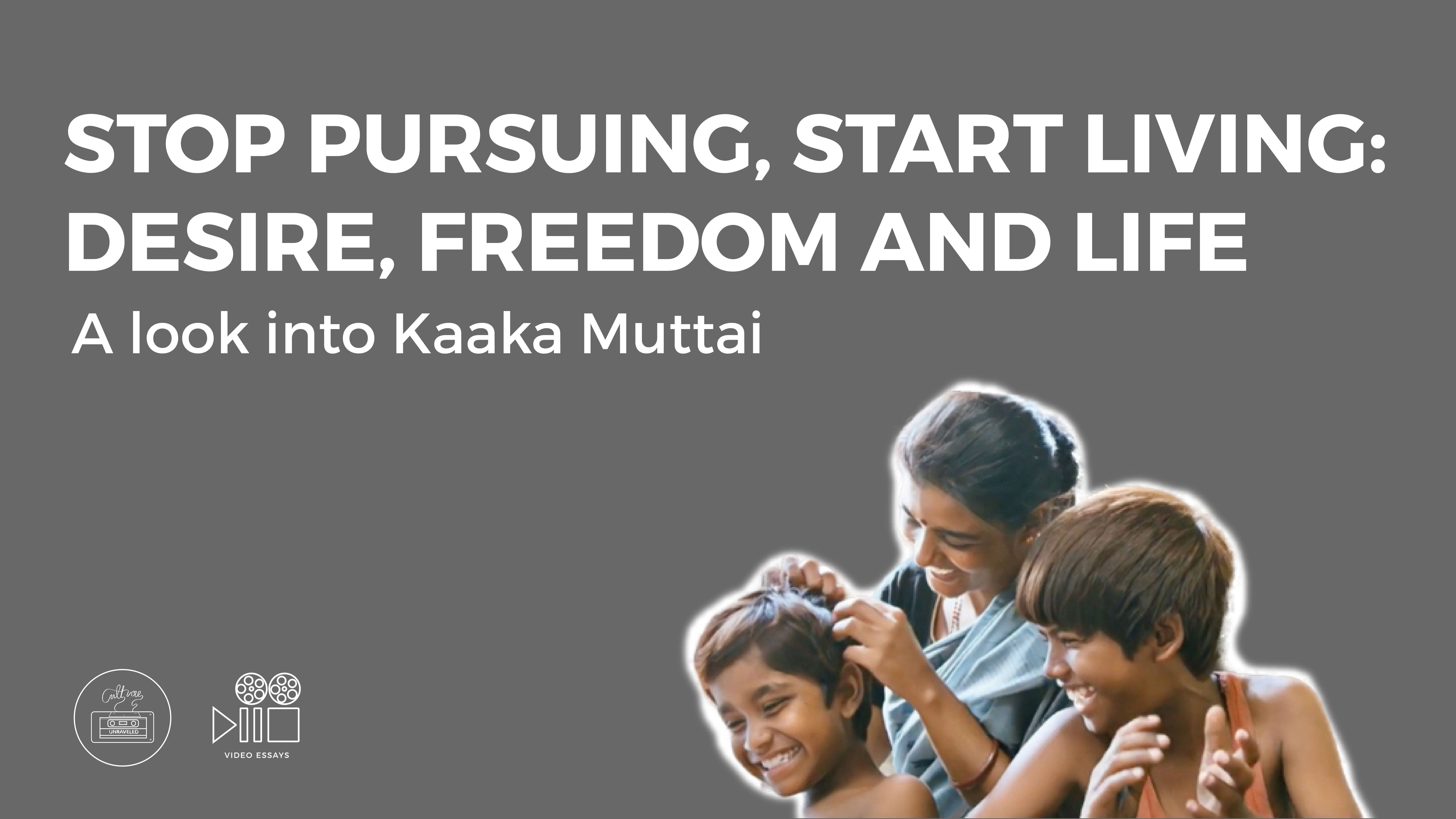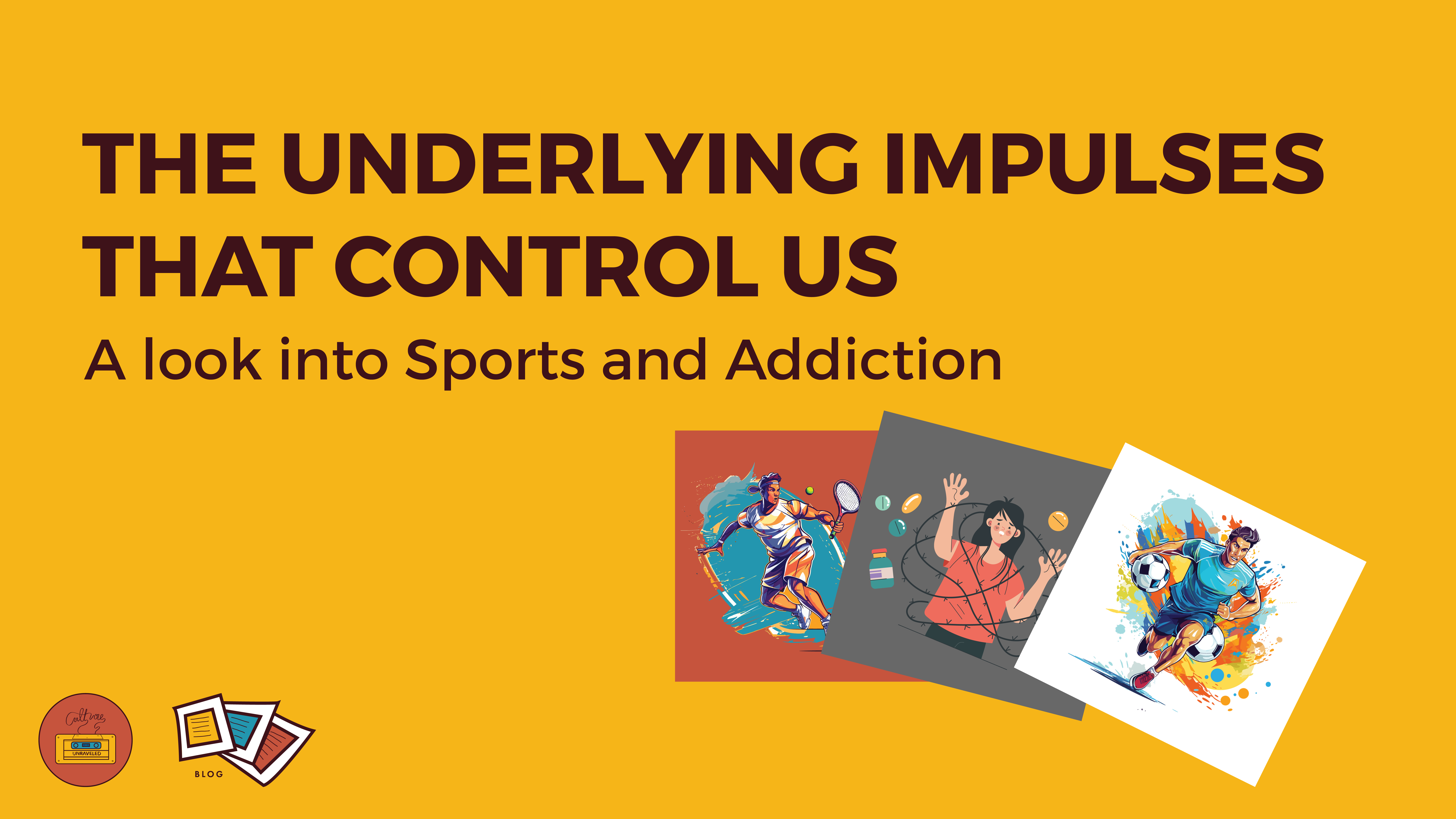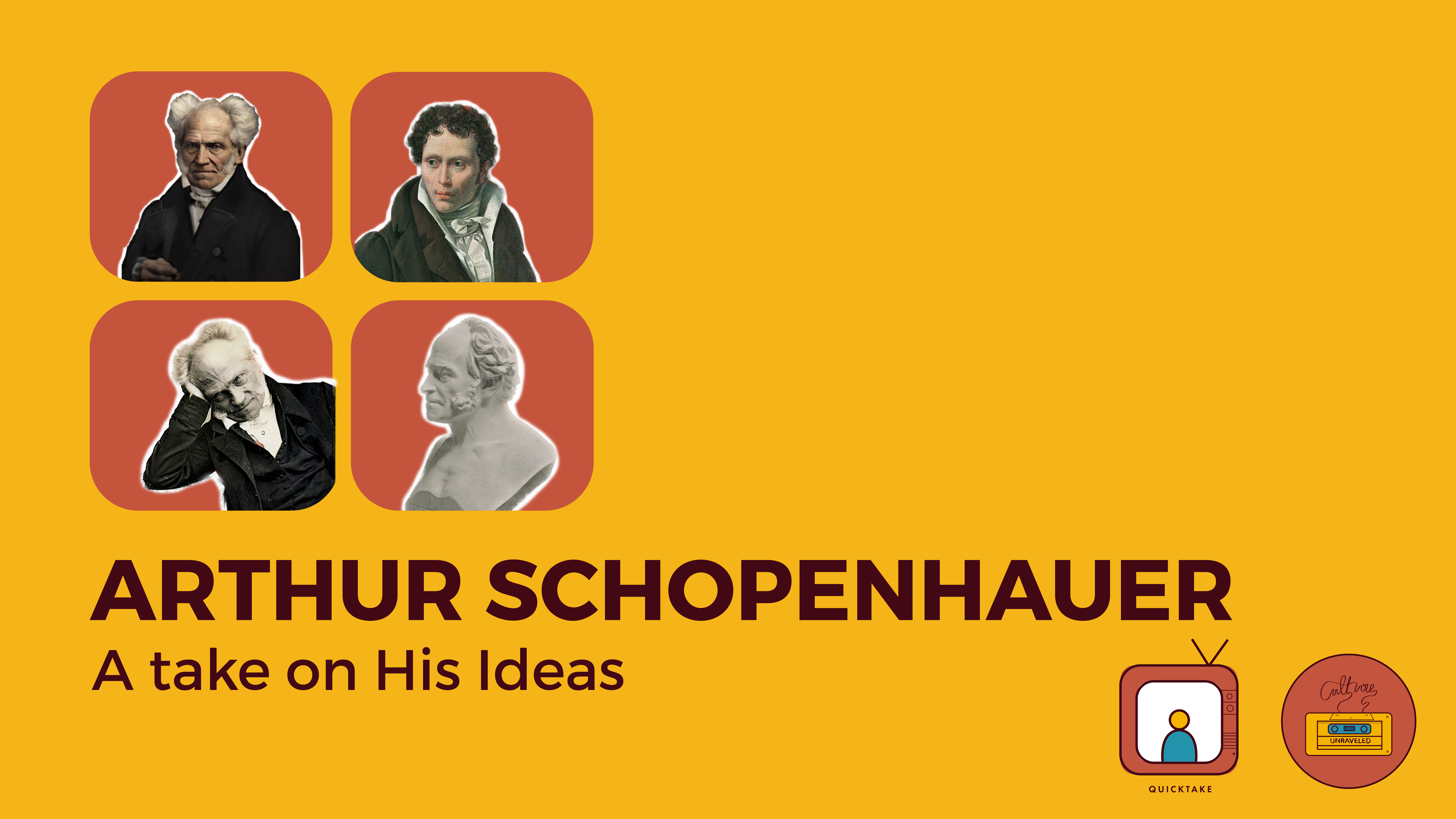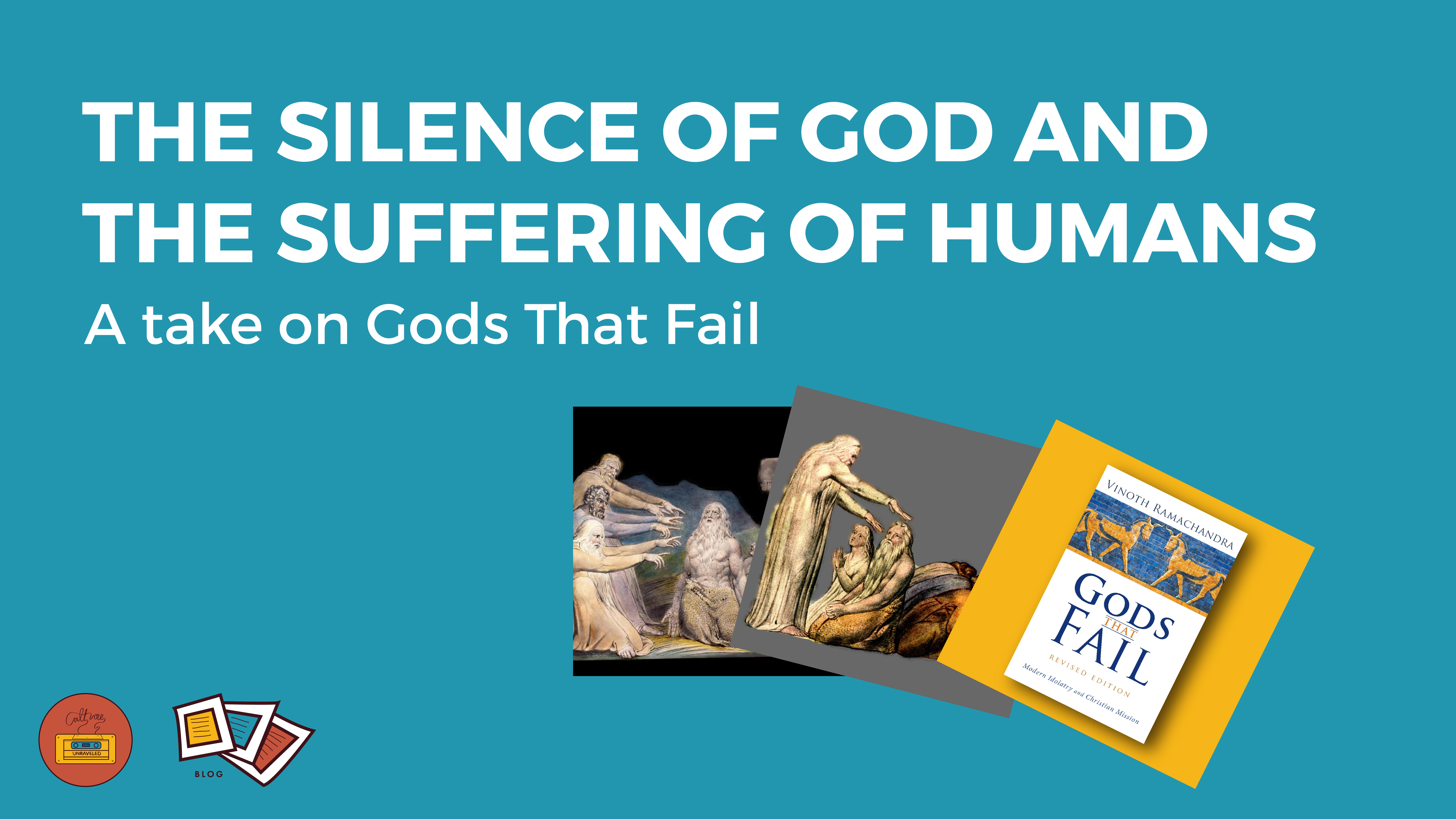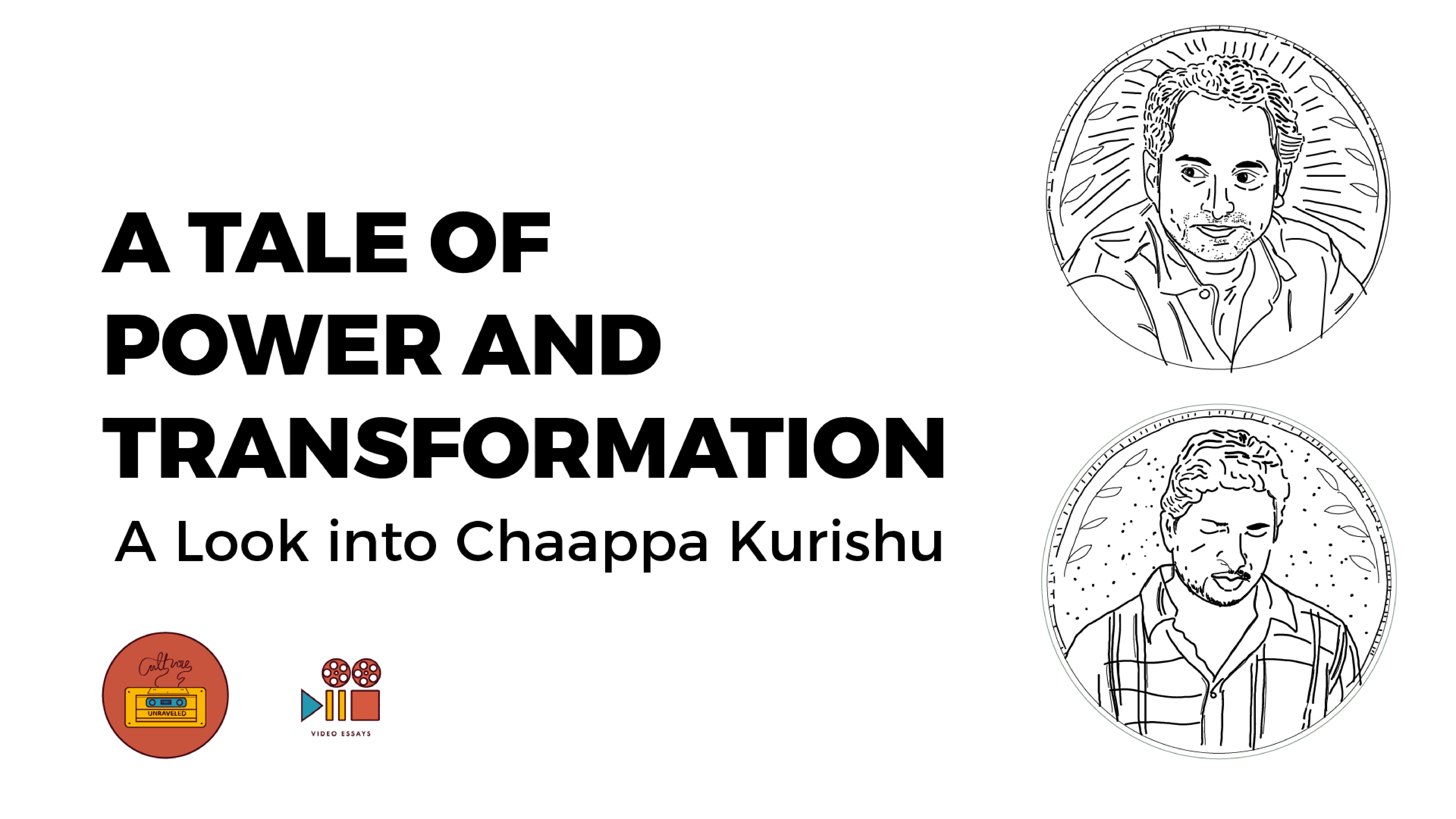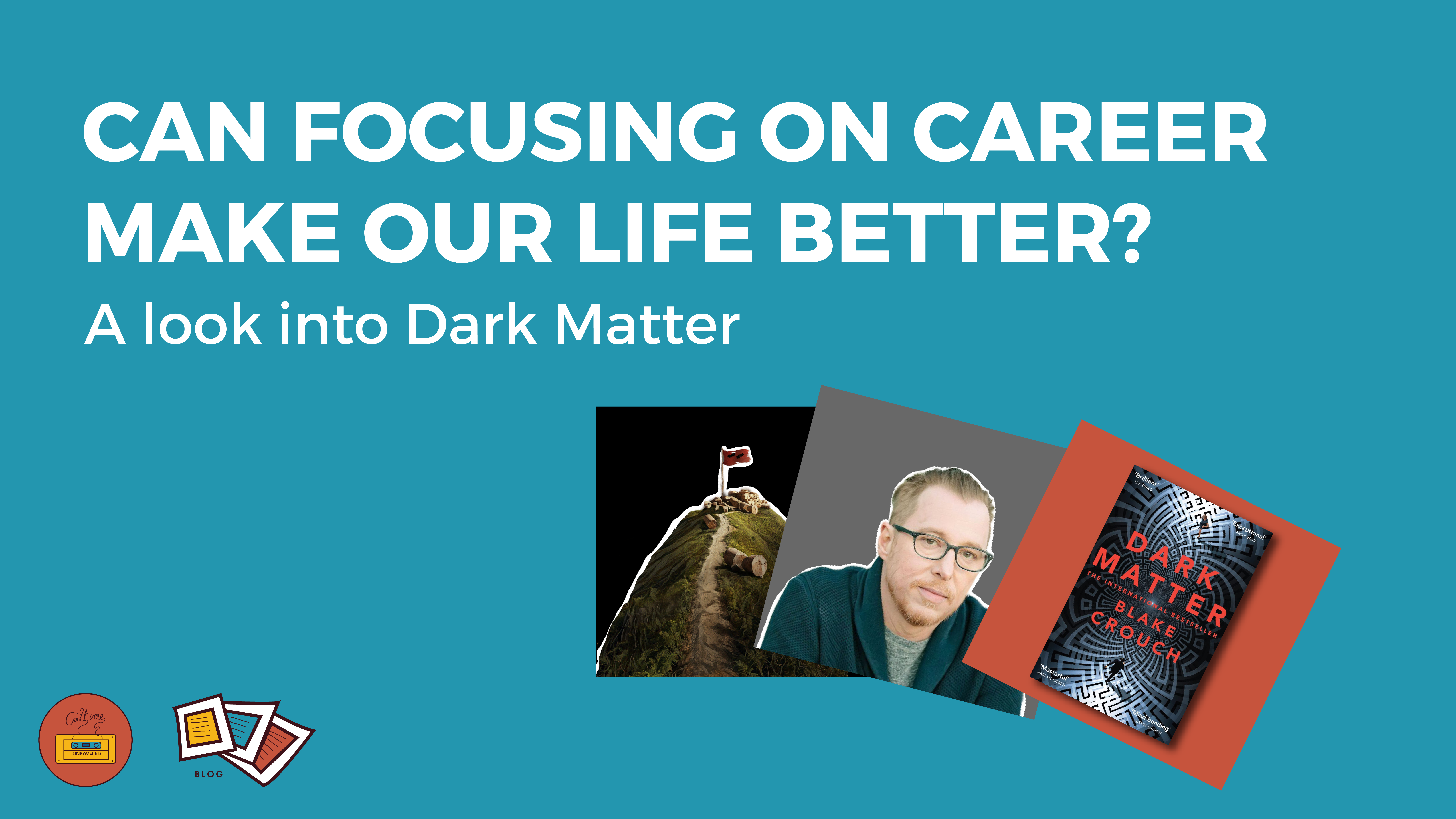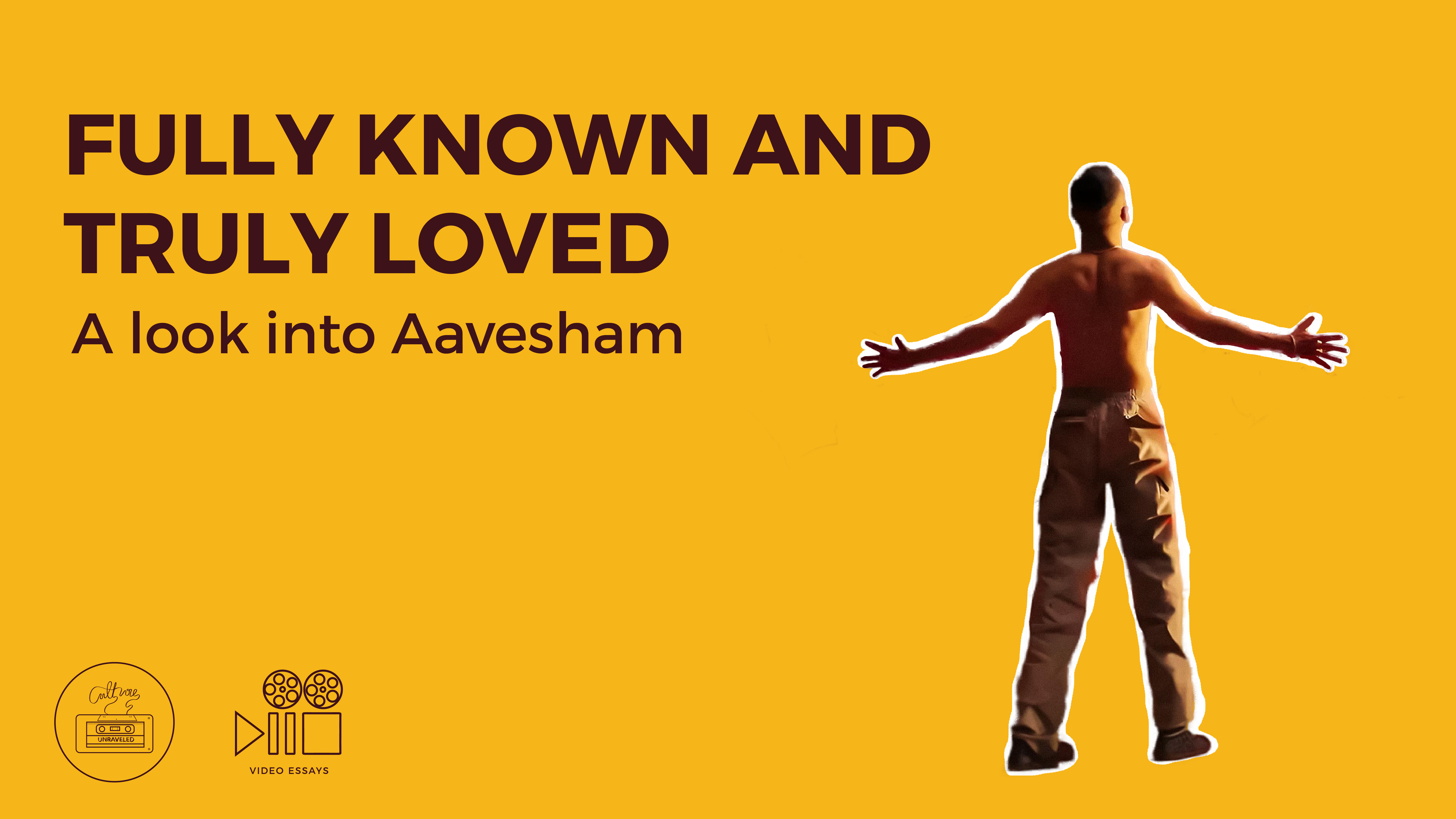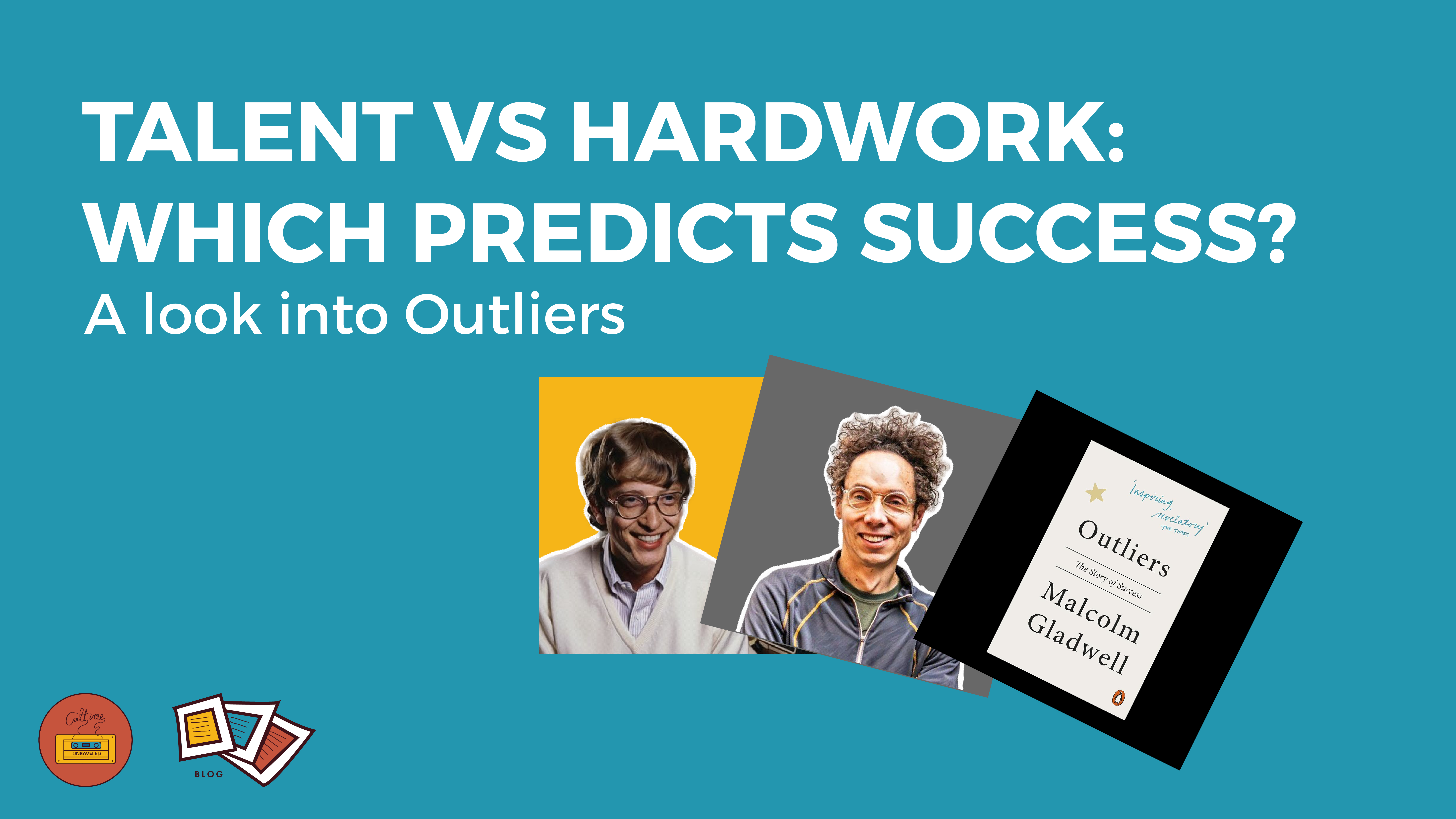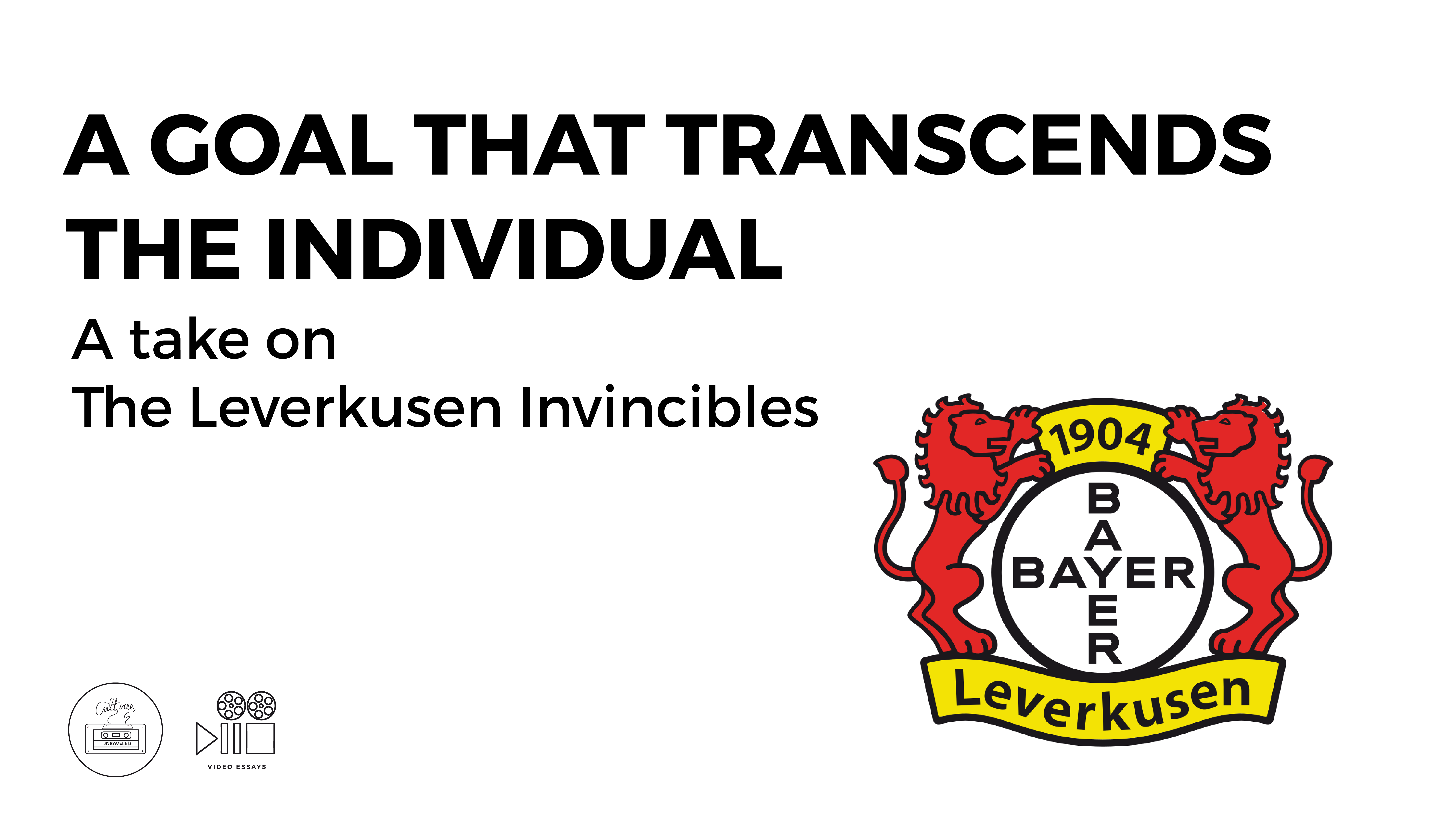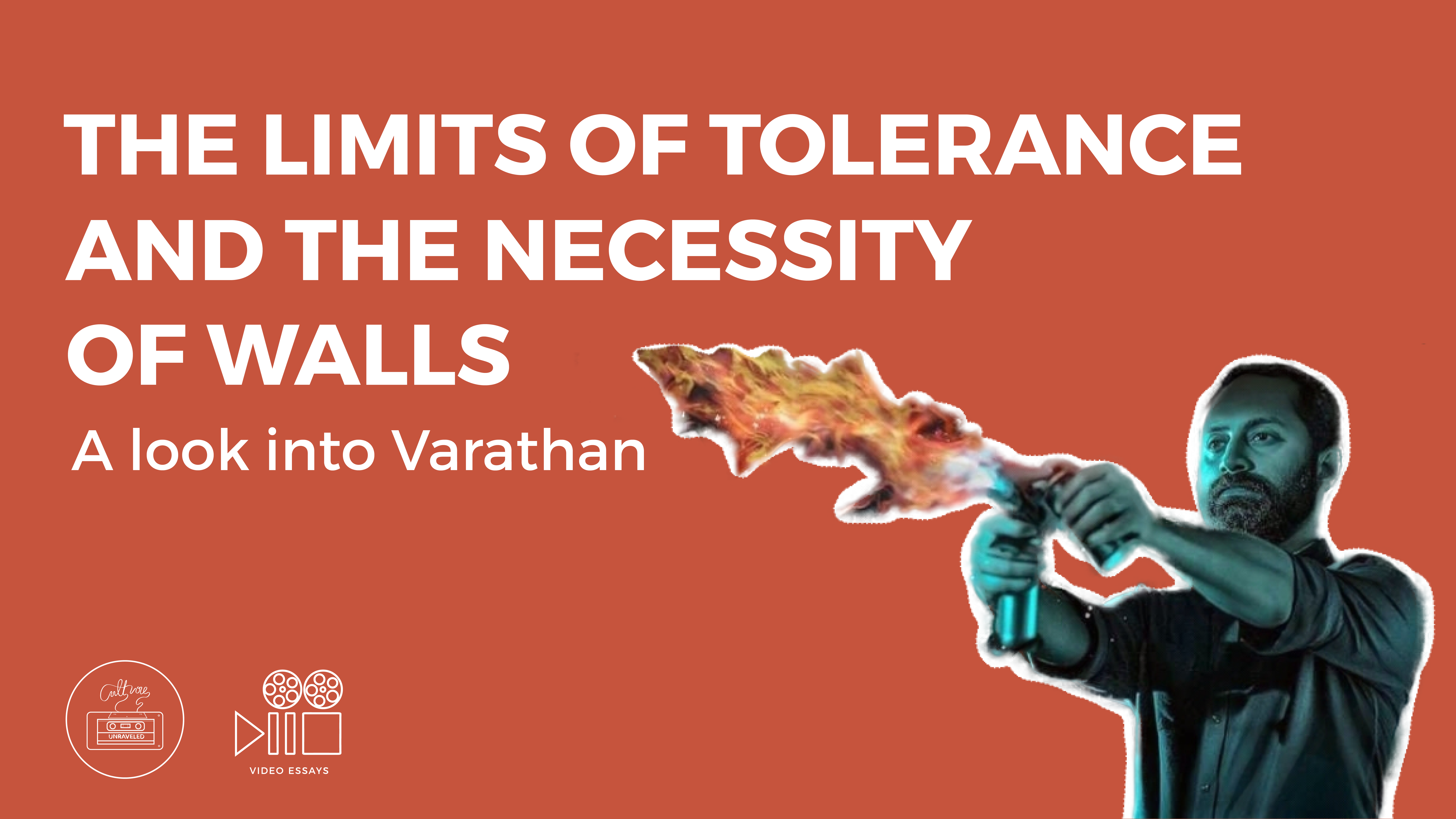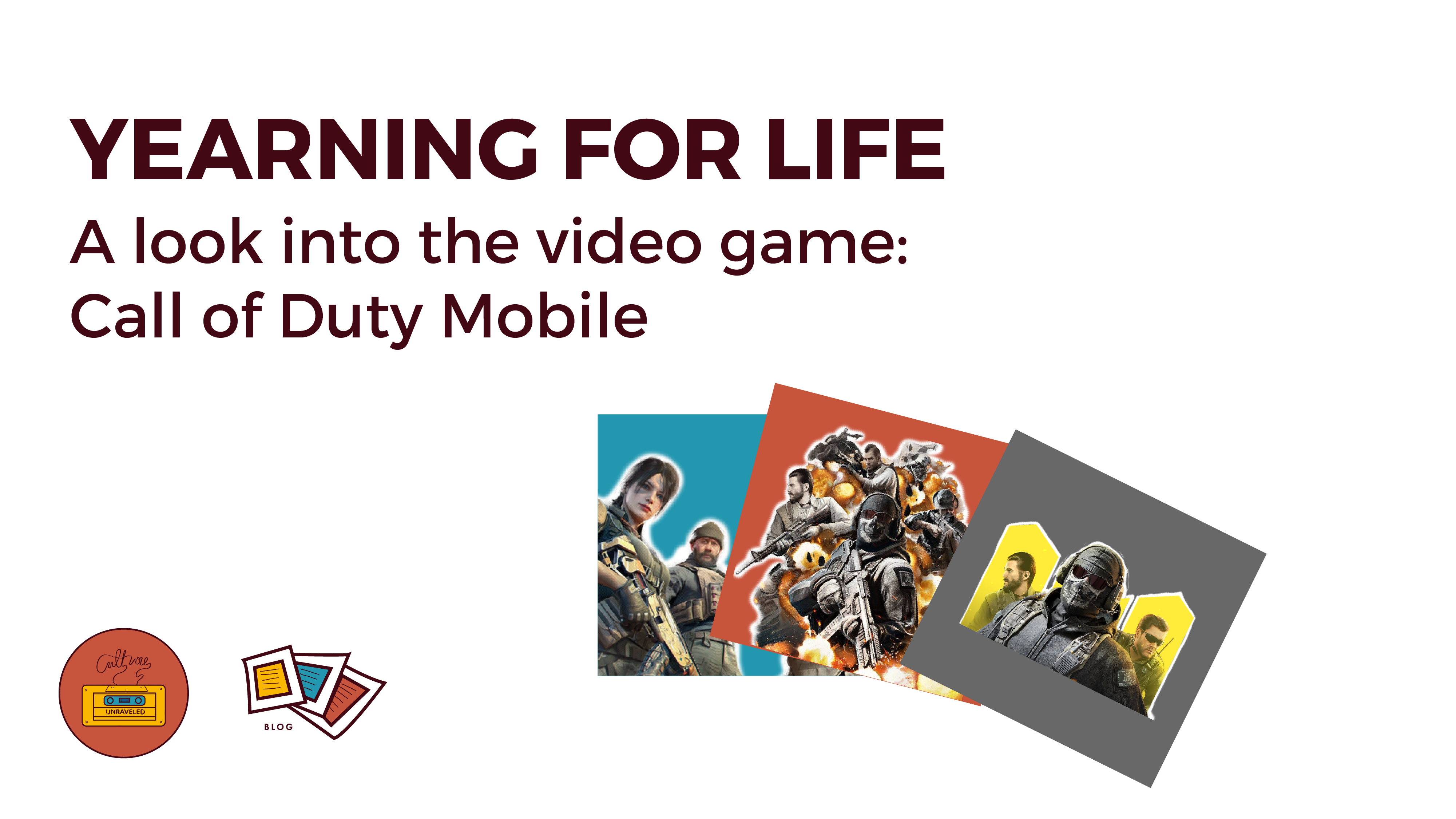
Call of Duty Mobile (CoDM) is a highly popular multiplayer First-Person Shooter (FPS) game. It has three modes of team-based competitive and cooperative play: Multiplayer, Battle Royale and Zombie Mode— each with their own objectives, gameplay and wider lore.
Unlike story-driven FPS games, where one can return limitlessly to a save-point, with multiplayer FPS games like CoDM there is a greater weight to the availability of life, in the manner and accessibility of return-to-game. It’s good to be in-game, irrespective of the eventual outcome of the particular match. Return to play is highly desirable; even while one may rage-quit a match, the typical next move is to join a new game.
However terribly war-filled and Zombie-filled the world of CoDM may be, what a player feels about return to the world, and into a particular game, not merely as disembodied observer but as a participant, is strikingly unambiguous. Asking a player if they really want to respawn in the game after death, will overwhelmingly be answered in the affirmative. There is no question that in-game return to life is experienced as valuable and desirable. Even those who reach Legendary rank, with no further reward for continued play that season, still continue to play, continue to want to interact with familiar teammates, and continue to want to respawn in-game.
This design of CoDM can be contrasted with single-player puzzle games like Zen Bound 2, which has several levels that, once completed, have little to no replay value. After completing each of the many enjoyably meditative levels, one earns the “Perfection” achievement, after which lies the “Nirvana” achievement which requires the player to “learn to let go after reaching Perfection” by deleting the app entirely, and resetting progress. Zen Bound 2 has a markedly different approach to life, and generally players would not want to immediately revisit the game, because, “What’s the point?”
The contrast between the valuation of continued life seen in CoDM, with games like Zen Bound 2, is analogous to the wider cultural context of the Early Church. The Early Church found itself between two historically established paradigms of valuing of continued embodied life— One where continued bodily existence beyond one’s present life is valued positively, and if not the place of one’s current life, then at least the place of one’s return is considered real and benign. The other is where continued material existence is valued negatively, and present life and place of return are considered to be illusory, apathetic, hostile and/or evil.
On the one hand, while Persian Zoroastrianism and some sects of Hellenistic Judaism, saw the present world as potentially good and redeemable, Pure land Buddhism saw the present world as irredeemable. Yet, all three saw continued life by entry into a restored world or a higher realm as a positive thing. So too Ancient Egyptian religion, and various polytheistic paganisms, saw bodily existence and cyclical reincarnation in this present world as a positive thing, and being excluded from this cycle-of-rebirth was the worst fate that could befall a person— do good and you get to return again and again, do evil and your ride stops here.
On the other hand, Gnosticism, an umbrella of esoteric Abrahamic sects influenced by Platonism, saw the physical world and the physical body as evil, something created by a being of wickedness, and something to get rid of; salvation consisted of immaterial knowledge that liberated by preventing continued existence in the evil world. So too, Greco-Buddhism and South Asian Shramanic schools of philosophy (and by association, later Vedic philosophies), saw the present world variously, as ephemeral and illusory, or as a place of unassailable suffering, or as a place of utter apathy and meaninglessness— and saw no further bodily existence as positive, largely seeing continued transmigratory existence in Samsara as lamentable and tragic.
Awareness of these two sets of value judgments forming part of the backdrop of the Early Church, gives some insight into the disparate responses to Paul, among the Athenians
When they heard about the resurrection of the dead, some began to ridicule him, but others said, ‘We’d like to hear from you again about this.’ Acts 17:32
As well as insight into the dissension due to Paul, among the Jewish assembly
Paul called out in the Sanhedrin ‘I am on trial on account of my hope, the resurrection of the dead’ On hearing this, there arose a dissension between the Pharisees and the Sadducees— Since the Sadducees say there is no resurrection, but the Pharisees say there is. Acts 23:6-8 [condensed]
The Early Church for many centuries wrestled with the influence of these disparate paradigms— commending (as in Acts 17:23), challenging (as in Acts 17:24-25, 29-30) and repurposing (as in Acts 17:28) parts of the language and framework, and finding even in traditions that disaffirm continued life (Gnostic and post-Gnostic Platonism prime among them), new ways to vividly express the hope for abundant life in the Anointed, Jesus.
CoDM artfully works to make evident the yearning for life-in-abundance, helping to uncover this desire even among those living under cultural paradigms that do not share this value judgement. We can thus commend the appeal and impact of CoDM in India both among those living under the South-Asian Islamic and Globalizing Postmodern-Eclecticist paradigms that largely affirm continued life, and among those living under the Vedic-Shramanic and Globalizing Scientistic-Rationalist paradigms that largely disaffirm continued life.
The work of the Church, is not entirely different from CoDM. The work of the Church is to affirm, with whatever language, paradigm and culture it is given, the hope that death and suffering is not intrinsic to existence, that the creation is not essentially illusory, malignant or apathetic, and that the Will of God is embodied restoration into life, as part of cosmos-wide renewal that utterly removes death and the effects of death from the universe.
Author:
Chris Samuel
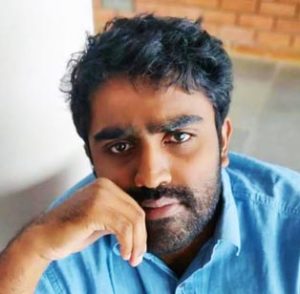
Chris Samuel holds a Bachelor’s degree in Biblical Languages and a Master’s in Theology. He is certified in mediation and dialogue facilitating, and seeks to complete certification in trauma-competent caregiving. Chris enjoys writing parables, fanediting music and films, making rap and guitar music, theologizing by himself and with others, playing table tennis, and listening to a wide range of audiobooks.
Life Focus Society
Culture Unraveled is an initiative of Life Focus Society

